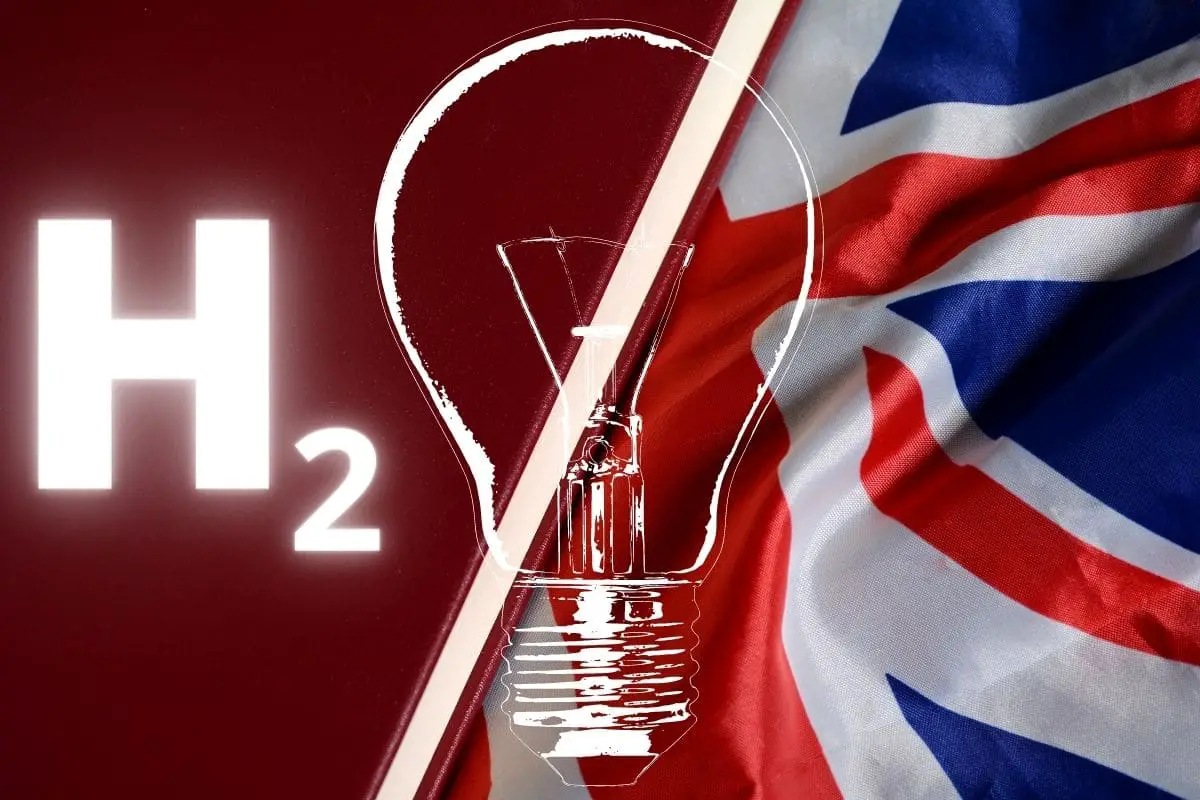
UK launches Hydrogen Policy Commission to secure country’s place in H2 market
February 1, 2022 4 By Tami HoodThe goal is to move the UK forward in the global production race as Russian crisis threatens energy supply.
Senior policymakers and politicians in the United Kingdom announced the launch of the UK Hydrogen Policy Commission.
The group will hold the UK government to account on the H2 policy commitments it has made.
Senior figures from Conservative, Labour and Lib Dem parties are teaming up with academia and industry alike in the UK Hydrogen Policy Commission in an effort in the face of concerns that the United Kingdom will be left behind from important potential H2 opportunities. The UK also wants to accelerate its H2 economy to avoid the risk of becoming dependent on Chinese tech.
Baroness Brown, former Vice Chair of the Climate Change Committee and energy expert has already warned that the United Kingdom is at risk of suffering the same setbacks in H2 that it experienced in battery technology and wind farms. In those cases, other countries developed the tech, even though the UK had committed to it early on.

Members of the UK Hydrogen Policy Commission include people from throughout the political spectrum.
In addition to Baroness Brown, other members include Baroness Meacher, Lord Oates, Lord Hannan, Lord McNicol, Metroy Mayors Steve Rotheram, Ben Houchen, and Polly Billington, CEO of UK100. Trades unions and academia will also be adding their own representatives as future members.
The intention of the commission is to publish its works throughout 2022. This includes its own assessment of the country’s 2021 H2 strategy performance. This has arrived as the industry has expressed concerns that a lack of UK Government ambition is holding back private investment. The Hydrogen Strategy published last year came with £105 million to help the industry’s decarbonization. Comparatively, in Germany, the announcement of a pursuit of an H2 economy came with £9 billion in funding.
“Hydrogen is a real opportunity for the UK, with a key role to play in the resilient zero carbon energy system we need to meet the challenges of the changing climate and of global politics. The UK missed the boat on battery and wind technology, we can’t afford to miss the boat on hydrogen,” said former Vice-Chair of the Climate Change Committee, Baroness Brown.
Throughout the next eight months, the UK Hydrogen Policy Commission will work with industry and academia reps, as well as national and local government senior officials. Together, they will set out the path required for taking hold of the opportunities H2 has to offer.
4 Comments
Leave a Reply Cancel reply
This site uses Akismet to reduce spam. Learn how your comment data is processed.



 With over 15 years of reporting hydrogen news, we are your premier source for the latest updates and insights in hydrogen and renewable energy.
With over 15 years of reporting hydrogen news, we are your premier source for the latest updates and insights in hydrogen and renewable energy.
This is good news. Reliance on wind and sun is all very well, but recent spells of anticyclonic gloom should have been a wake-up call. In companies like ITM we have the technology and maufacturing capacity. We should be linking up with countries with lots of sun and which would be good partners in local manufacturing of hydrogen – for local fertiliser and ammonia production as well a H2 export. What an open goal for overseas aid. A no brainer.
Lets get to it. We are brilliat are developing inovations such as this, some of our have been on the go for several years. Brilliant if HMG provides the big leg up at last instead of our bright guys having to scrounge elsewhere, like China, for a few extre bob.
It is clear that the UK must increase its capacity to produce hydrogen. But let’s ensure that this capacity is sensibly applied where the particular attributes of hydrogen can be exploited, e.g., as a chemical feedstock, for high-temperature industrial process heat, and as an energy storage medium for standby power.
What we must not do is increase our dependency on imported natural gas for the production of more blue hydrogen than is absolutely necessary. Nor should we waste renewable electricity generation capacity for the production of green hydrogen for applications, such as domestic heating. Lord Callinan’s views on the latter should be noted.
Yes, a massive scale up of the production of hydrogen is urgent, but it needs an infrastructure of distribution for the new users of hydrogen: heavy transport and trains; where are the filling stations? (there are less than 12 around the UK roads and they are often not working) without them, people and companies will not buy hydrogen-electric vehicles. Will it be distributed as liquid or as a gas? Time for the UK to catch up with the rest of Europe.